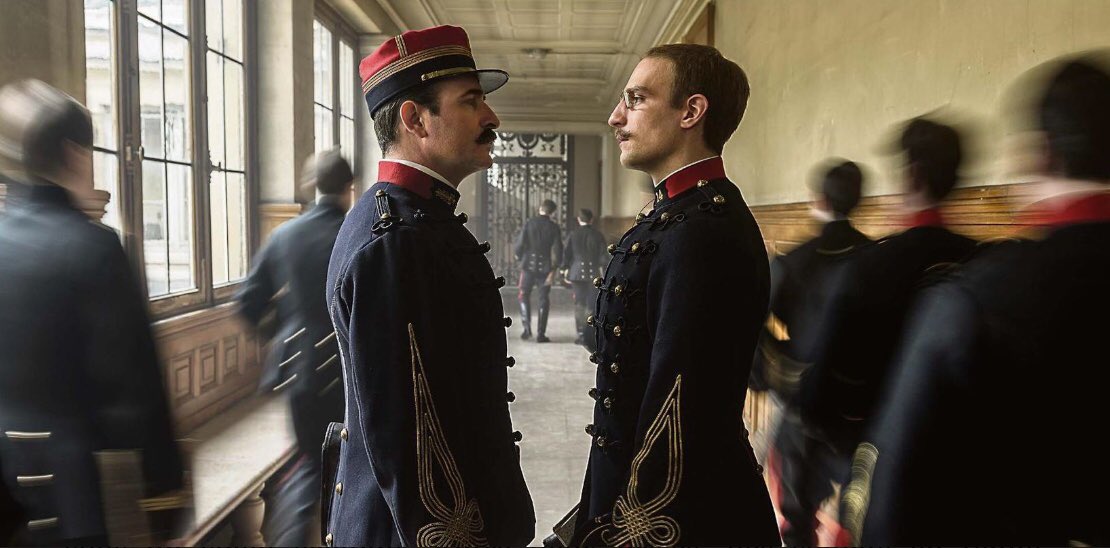
- Festivals
Polanski’s ‘J’Accuse’ Impresses, Riles in Venice
Any major festival worthy of the name has its controversies and this year’s Mostra del Cinema (the official name of the Venice Festival) has Roman Polanski. Ever since the selection of his J’Accuse was announced last month in the official competition, it has predictably been controversial. Especially in the United States where public condemnation stemming from his rape conviction in the 70s has only grown in the wake of the #metoo movement. In addition to that enduring controversy, festival officials were handed another hot potato when on opening day, jury president Lucretia Martel declared that she would not shake the hand of the director who, controversial as he may be, happens nevertheless to be the author of one of the works submitted to the judgment of the body she presides over. The issue of jury objectivity has thus dominated café discussions on the Lido ever since while renewing the debate between those who would separate the actions of filmmakers from the artistic value of their work and those who believe that distinction can no longer be made where crucial issues of conscience are concerned.
Ironically conscience, fairness, and discrimination (Polanski, who was recently stripped of Academy membership, has often complained of being “persecuted”) are the very issues at the center of his latest film which tells the story of the “Dreyfus affair.” The real-life incident saw the trial and conviction for treason of a French military officer accused of spying for the German enemies in 1894. The dubious case against Alfred Dreyfus was built by an army hierarchy eager to scapegoat him, and the judgment, widely condemned at the time by prominent figures like writer Emile Zola, was colored by anti-Semitism.
That sentiment was endemic and virulent in French society of the time (and in the view of many remains a problem to this day). Polanski who, with his family, was persecuted as a Jew by the Nazis, begins by framing the anti-Jewish feelings of many officers in the army. The film opens with the dramatic degradation of the condemned Dreyfus in front of assembled troops in Paris. Following his deportation to a South American penal colony (the infamous Devil’s Island), colonel Georges Picquart (Jean Dujardin) is appointed new chief of military intelligence. Picquart soon uncovers evidence pointing to a different mole passing secrets to the Germans, which also exculpates Dreyfus. However, his findings are quashed by his superiors who have no interest in reopening the case and admitting their own miscarriage of justice.
Polanski tells the story as a terse, almost clinical, procedural which inexorably exposes malicious persecution and egregious abuse of power, in the army. The loyal but eminently moral Picquart is jailed but eventually succeeds in exposing the official misdeeds which bring about a political reckoning. It’s a case which foreshadows government conspiracies and coverups all the way to Watergate in its resonance and widespread implications. In other words, a film which is relevant to contemporary events well beyond all controversies surrounding its author.

